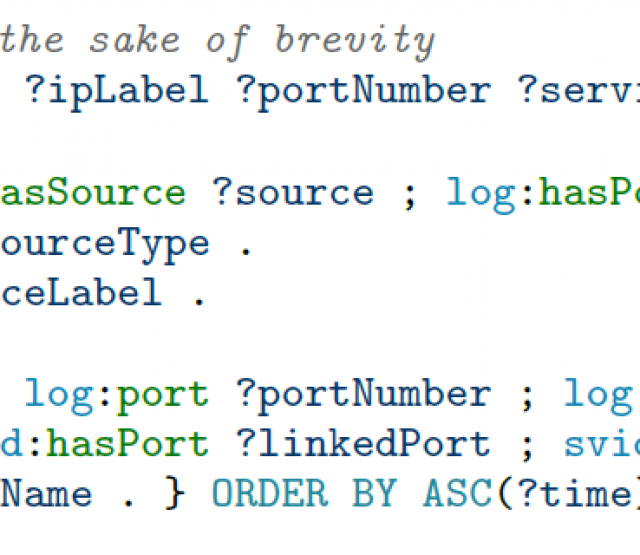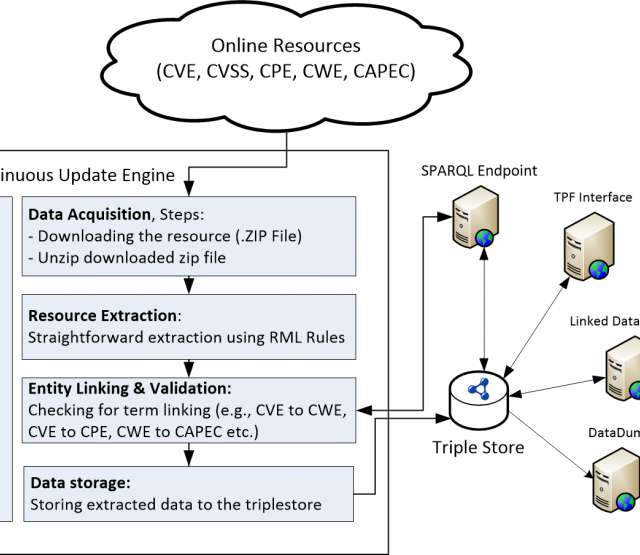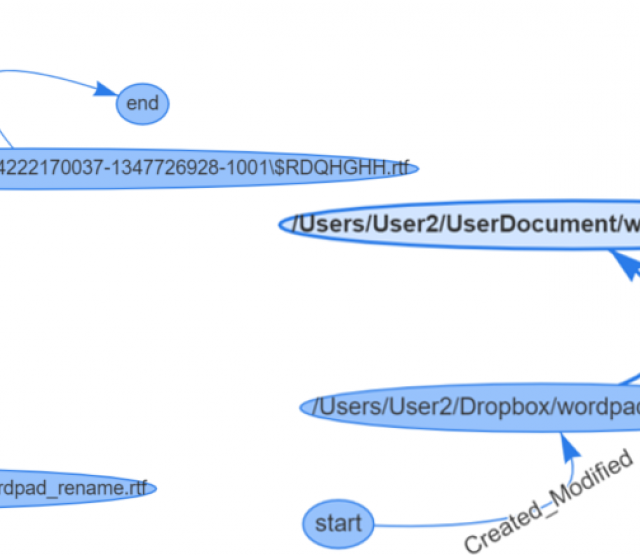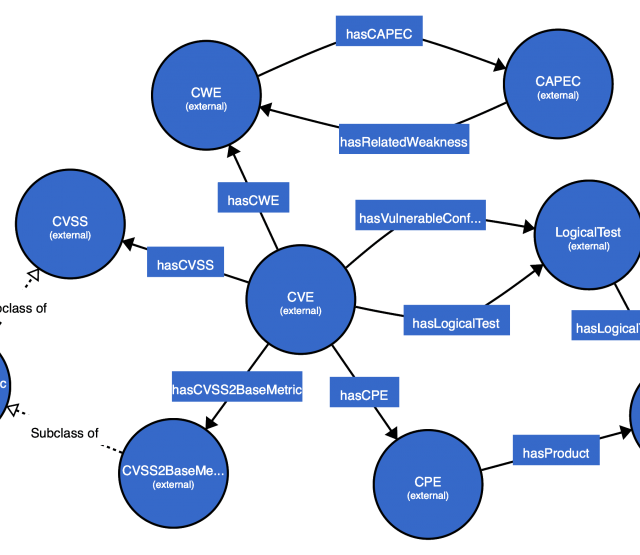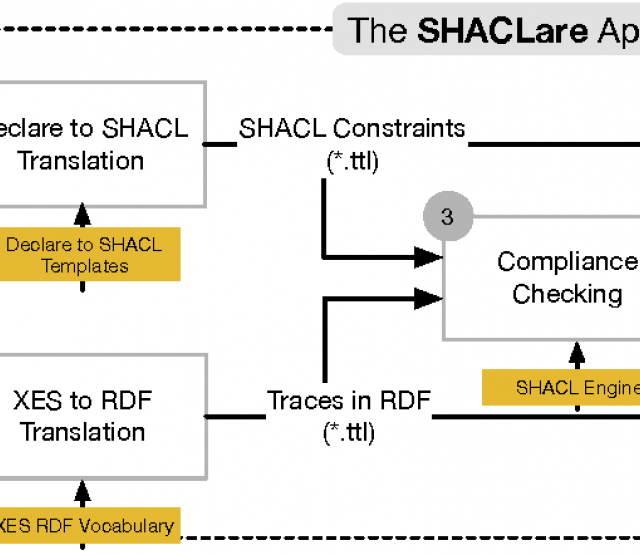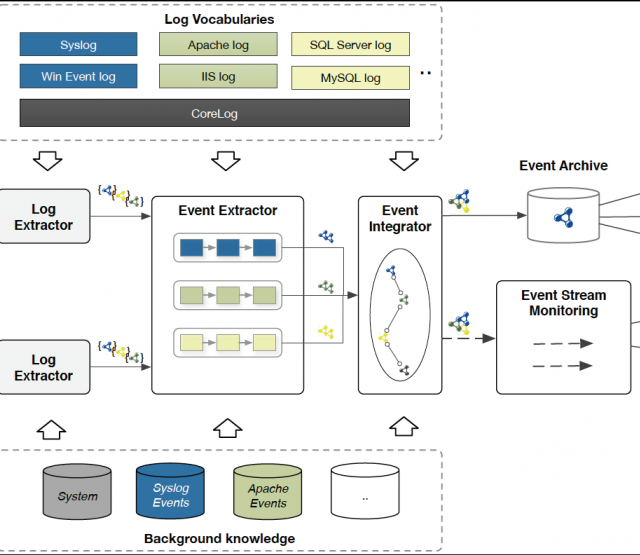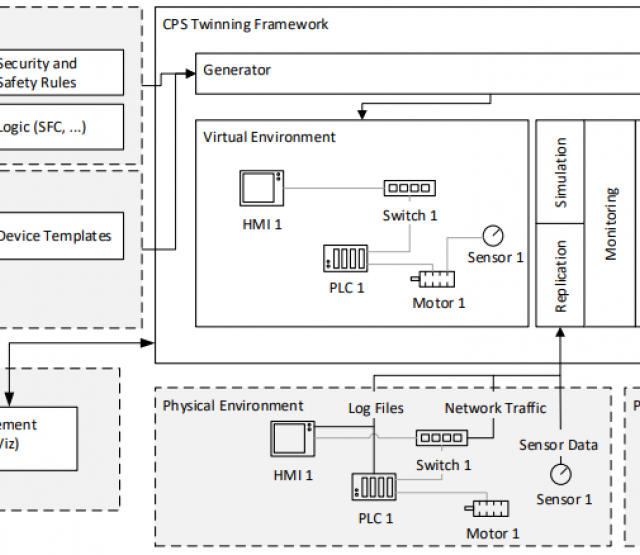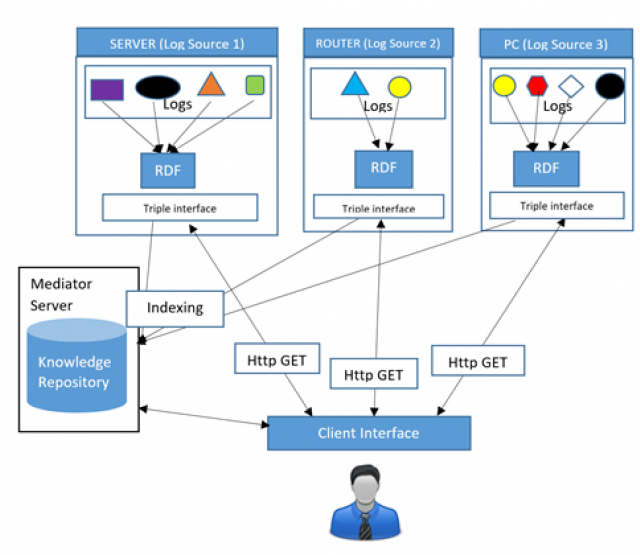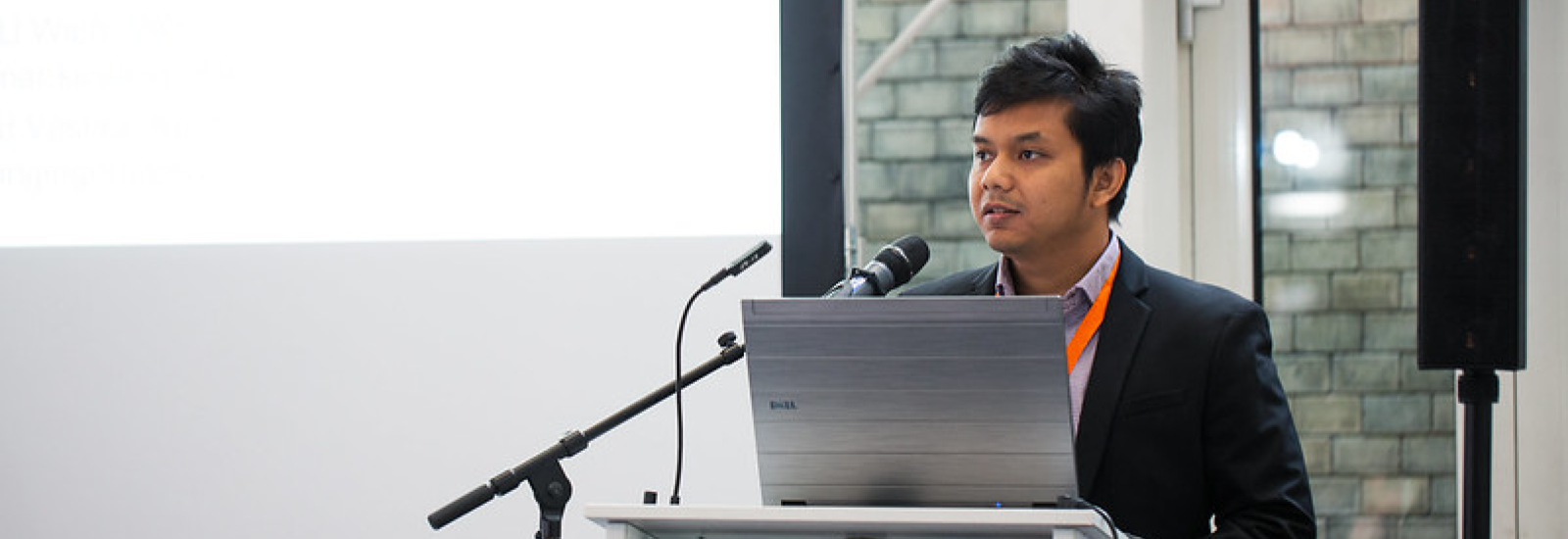
Förderjahr 2017 / Science Call #1 / ProjektID: / Projekt: SEPSES
I was visiting Karlsruhe last month to attend the SEMANTiCS 2019 conference, between 9-12 September 2019. It was the largest SEMANTiCS conference in their history, with more than 400 people coming from all over the world to the conference. For me personally, this is a familiar venue, as I was involved (either as authors or organizers) almost every year since 2013.
As usual, the SEMANTiCS Conference is always an exciting combination of researchers and practitioners from both academia and industry, which represented well in the participant list – almost 50-50 between them. You can also see the variety in the number of talks and papers, which are split between industrial and research tracks.
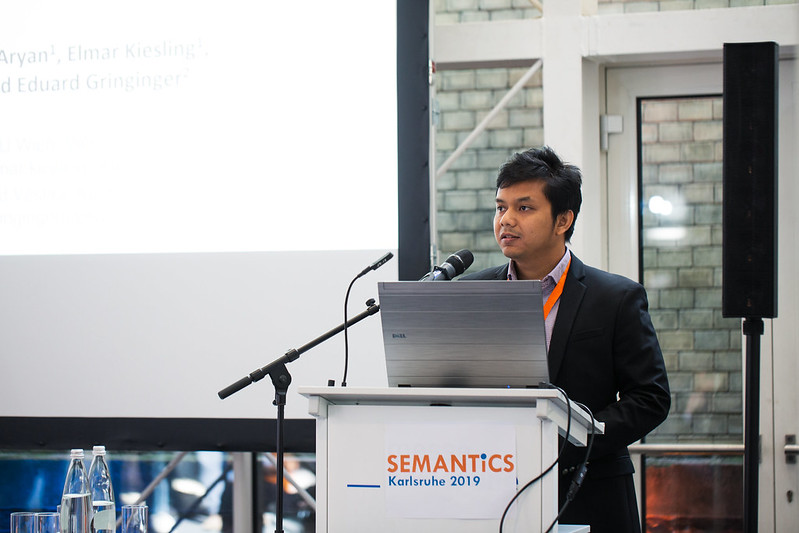
My attendance to SEMANTiCS time is to present two posters from our group at TU Wien from two different projects: SEPSES and SEMCON. I had a 2-minutes talk for both papers at the Minute Madness event on the first day of the main conference, advertising our approaches to the audience.
The first paper from the SEPSES project presents the work on a semantic-based approach to analyze file system activity using log data. This is especially important to support integration and analysis of heterogeneous log files, supporting security experts to deal with the increased threat of data exfiltration in an organization.
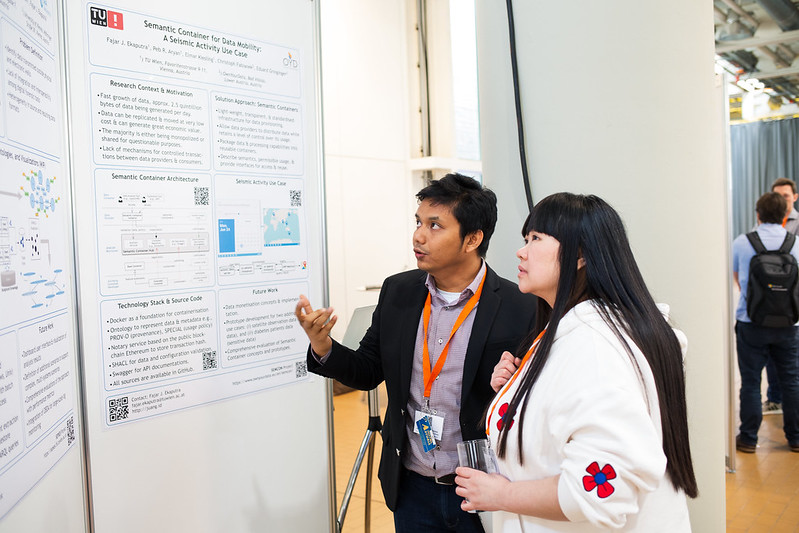
The Conference keynotes provide interesting insights on the present and future of the semantics technologies. The first Keynote of Michael J. Sullivan from Oracle explained their approach to a Hybrid Knowledge Management architecture, combining ontologies and knowledge graphs with data of different types in their platform. The second Keynote, given by Michel Dumontier from Maastricht University, focused on the importance of FAIR data and services, and how Knowledge Graphs could play a role in that. The third keynote from Shell explained their approach to finding the right information from vast amounts of data with the help of semantic technologies.
In summary, the SEMANTiCS 2019 provided me and all participant with a great event, information exchanges, as well as fresh research ideas and cooperation possibilities.
Dr. Fajar J. Ekaputra
Post-Doctoral Researcher at TU Vienna
Andreas Ekelhart



